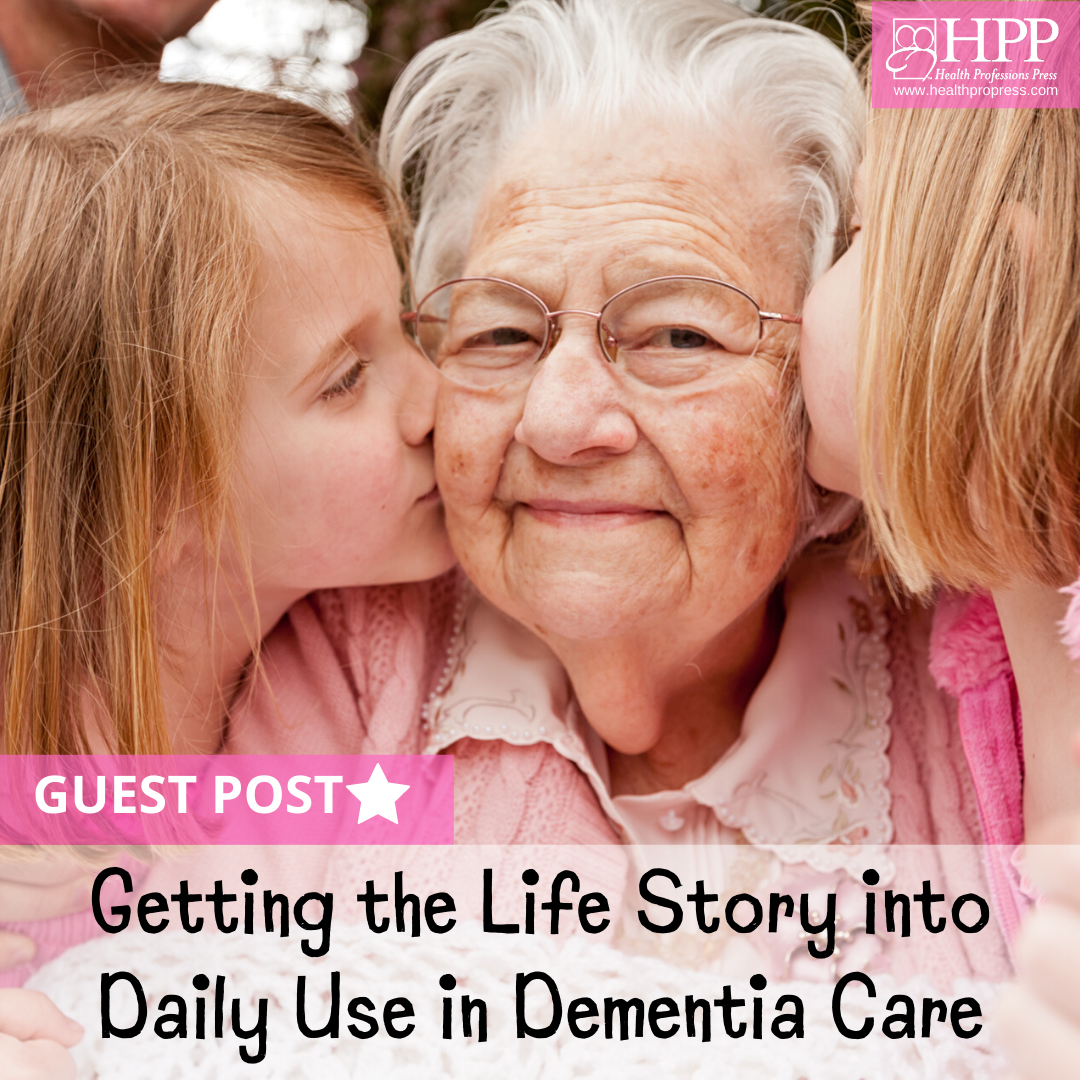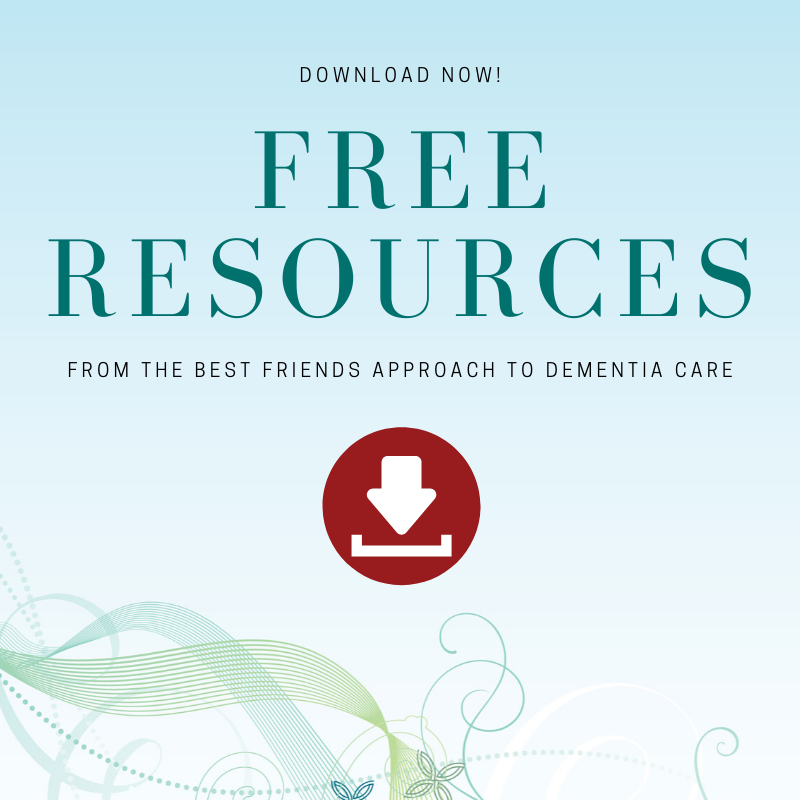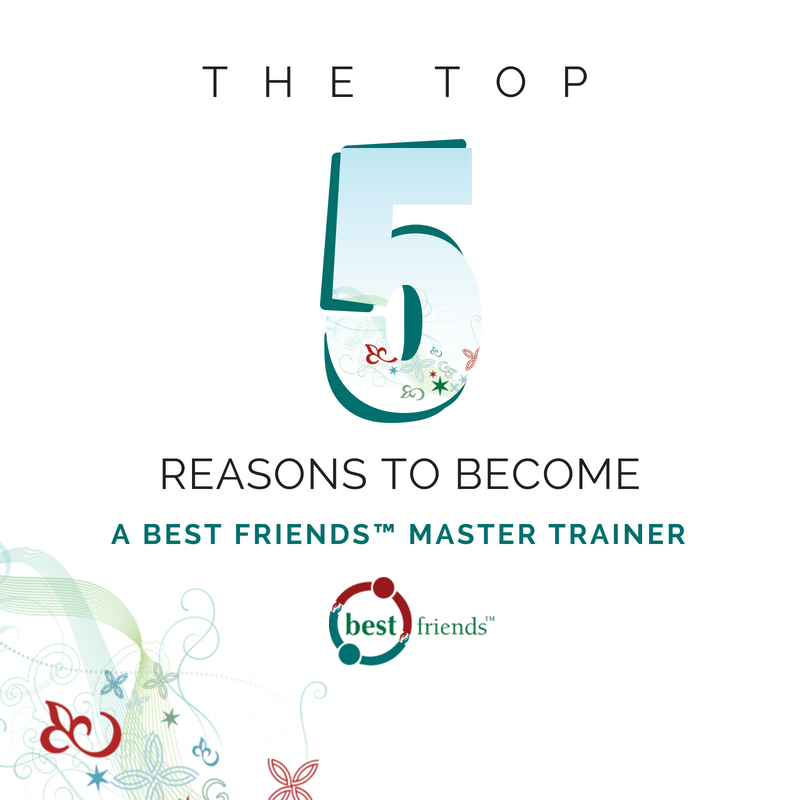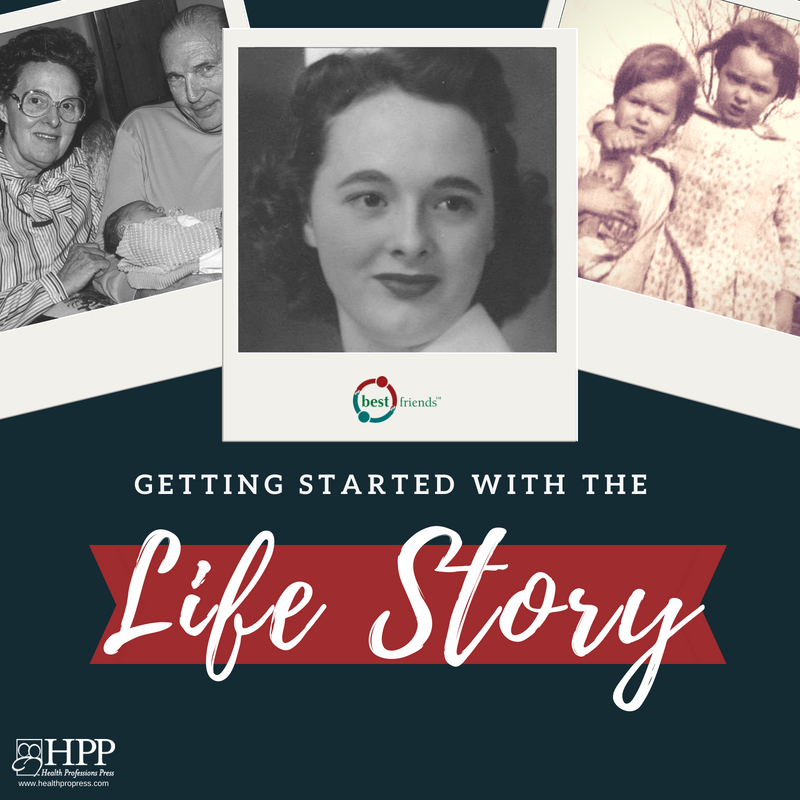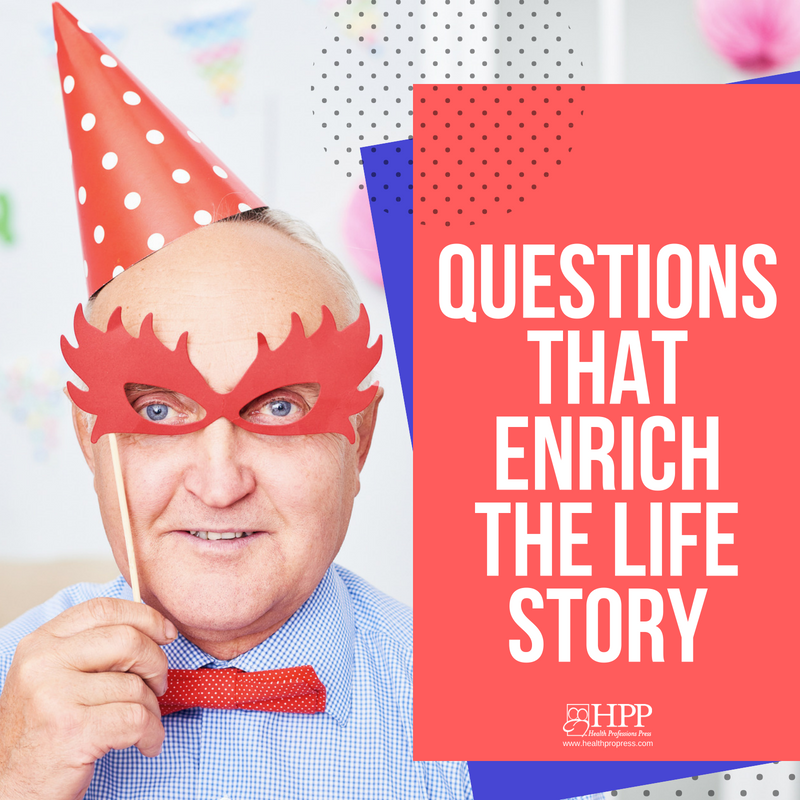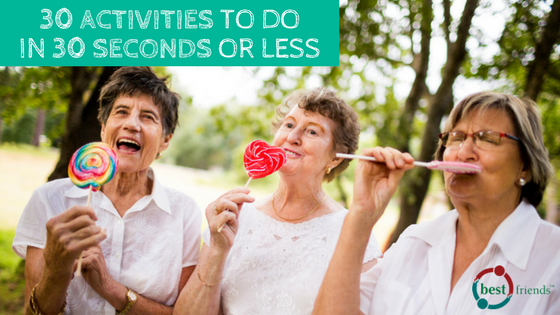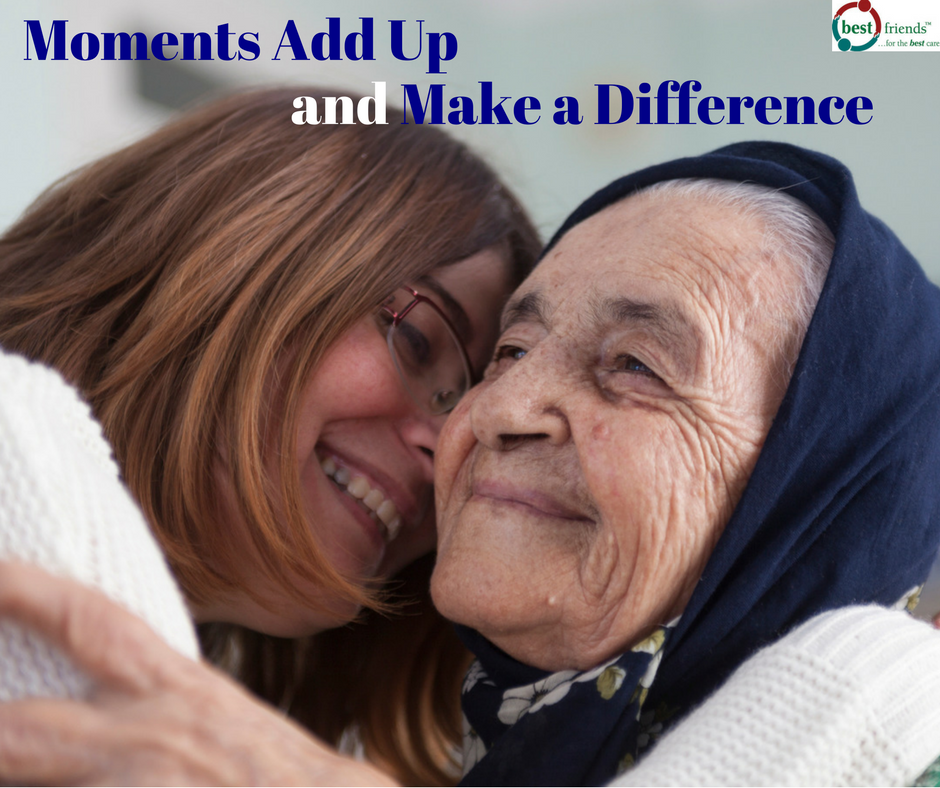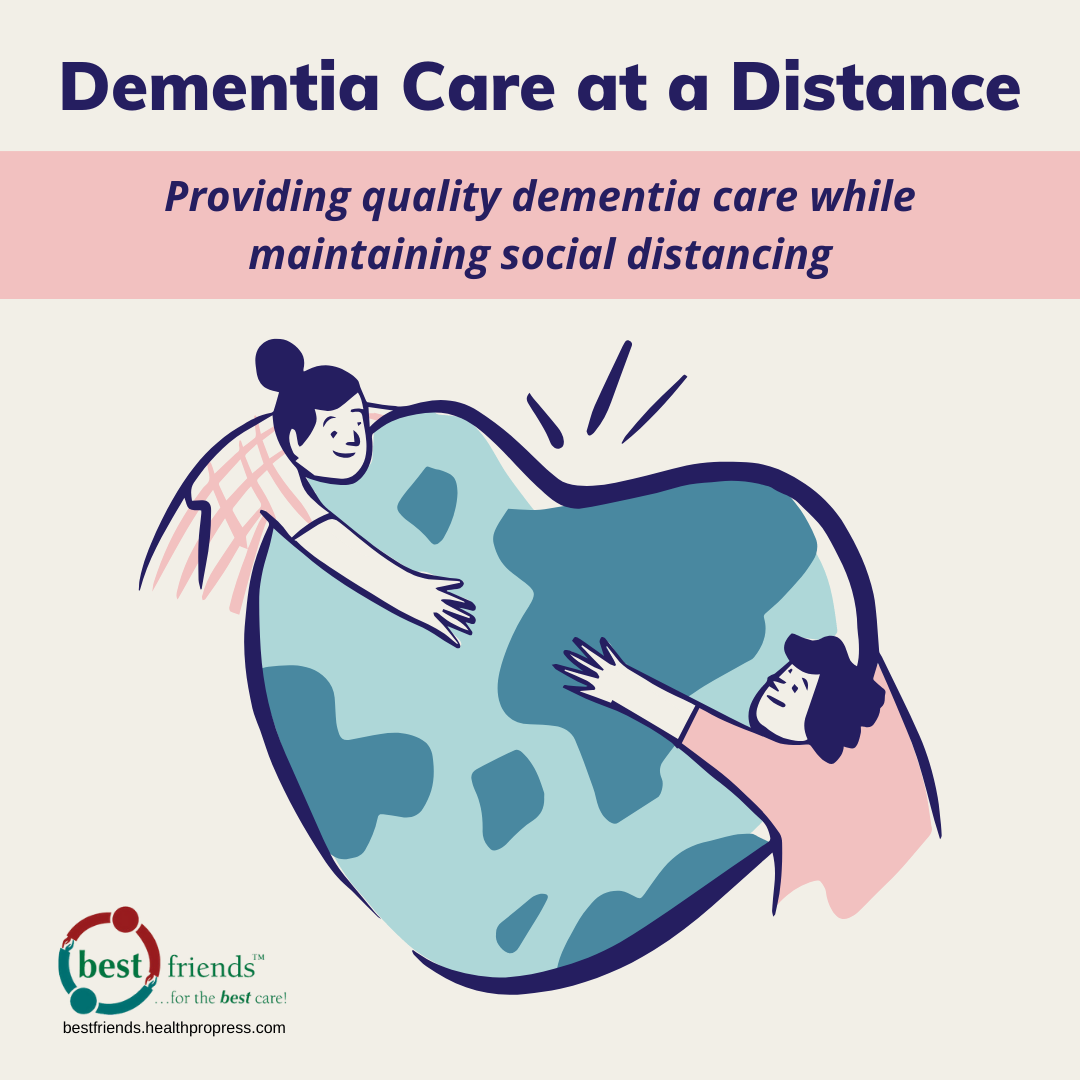
Dementia Care at a Distance
The COVID-19 crisis is taking a heavy toll on all of us, particularly family and professional care partners. Visitors are prohibited in most residential care communities; this is necessary but certainly can be distressing to families and persons with dementia. Even when we are together, we are told to stay six feet apart. The very phrase “social distancing” is the opposite of the Best Friends™ Approach and what we want in quality dementia care. In many ways, socialization is the treatment for dementia. Social distancing (and lots of handwashing) is necessary to ensure good public health practices, but can we…
READ MORE
